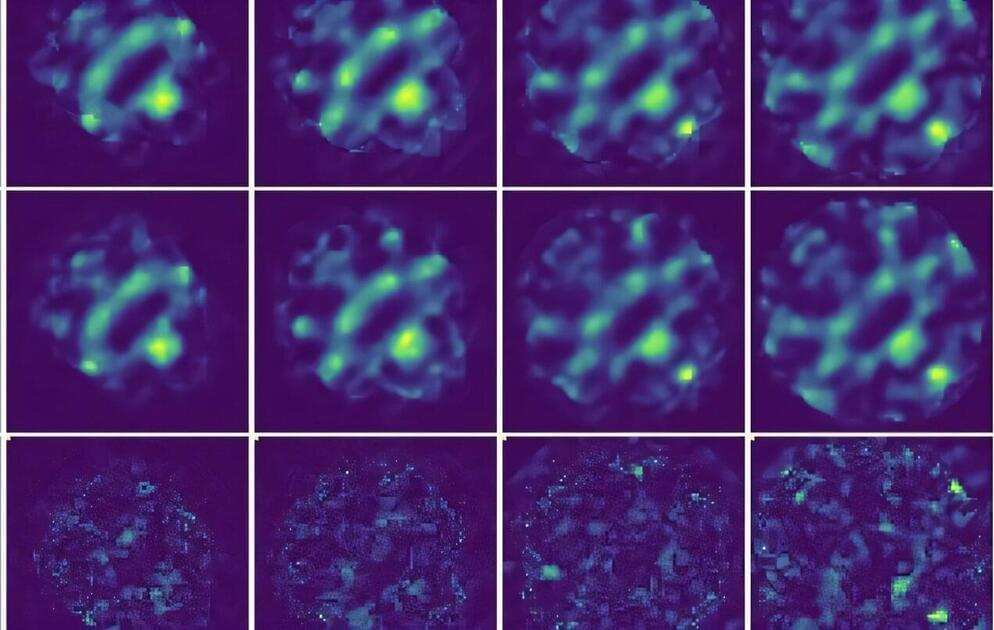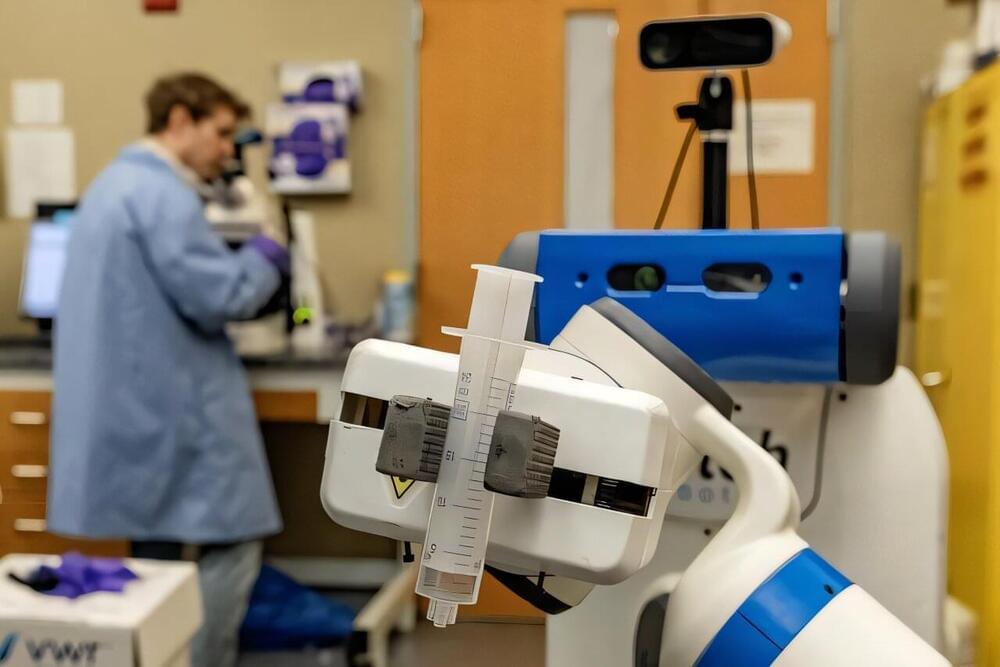1GITEX Global 2024 and IROS 2024 became true gateways to the future of technology, bringing together the most advanced innovations in artificial intelligence, robotics, and transportation under one roof. At the forefront of GITEX was the unique Nissan Hyperforce concept, an electric vehicle with an incredible 1,360 horsepower, capable of accelerating from 0 to 100 km/h in just 2 seconds. This electric supercar not only stunned with its speed but also with its futuristic design, reminiscent of the iconic Batmobile. With its advanced driving modes, R and GT, drivers can switch between a sporty and comfortable driving experience.
👉For business inquiries: [email protected].
✅ Instagram: / pro_robots.
0:00 Exhibitions in the United Arab Emirates.
0:34 GITEX GLOBAL 2024
0:47 Nissan Hyper Force supercar.
1:43 Italdesign’s Quintessenza concept car.
2:39 Ameca robot.
3:15 Robot bartender.
3:38 Airscooter by Zapata.
4:13 Autonomous Patrol of the Future by Dubai Police.
5:09 Tesla Cybertruck.
6:01 All-terrain delivery vehicles from Mobinn.
6:20 Cadillac Electric Flyer.
7:03 Drones by Multi Level Group.
7:32 Xpeng Aeroht Flying Car.
8:18 New humanoid robot Kepler.
8:42 ZainTECH Drones.
9:04 Robo-charging electric cars.
9:43 Odigo robot with AI
10:26 IROS 2024
11:02 Obstacle course for four-legged robots.
11:41 Robofootball on IROS 2024
12:32 High Torque Robotics.
13:03 Unitree robots.
13:39 Nimble Direct Drive Robots.
14:16 Elephant Robotics.
14:47 Humanoid robots on display.
15:14 DexNex teleoperated system.
15:47 Hubot robot.
In addition, GITEX 2024 showcased the latest flying car concepts. Among them was a model capable of unfolding its blades and taking off in just two minutes, making it the perfect vehicle for fast, seamless travel both on the road and in the sky. The exhibition also featured other cutting-edge innovations, such as autonomous patrol cars equipped with drones and robotic bartenders that serve drinks without lines or fuss.
IROS 2024, held in Abu Dhabi, was equally impressive, giving a glimpse into the future of robotics. Highlights included thrilling competitions between robot dogs and humanoid robots, as well as demonstrations of new robots capable of running, jumping, and even performing complex acrobatic tricks. Autonomous robots designed for patrolling and delivery, capable of navigating routes and recognizing objects in the toughest conditions, also drew significant attention.
Both exhibitions revealed how robotics and AI are increasingly influencing our everyday lives, offering solutions for safety, transportation, and even entertainment. Unique projects, such as autonomous drones for agriculture and firefighting, and robotic systems for smart cities, are already reshaping urban spaces. With the technologies presented at GITEX and IROS, the future is closer than ever. Subscribe to our channel to stay updated on the latest innovations and events in the world of high-tech.







